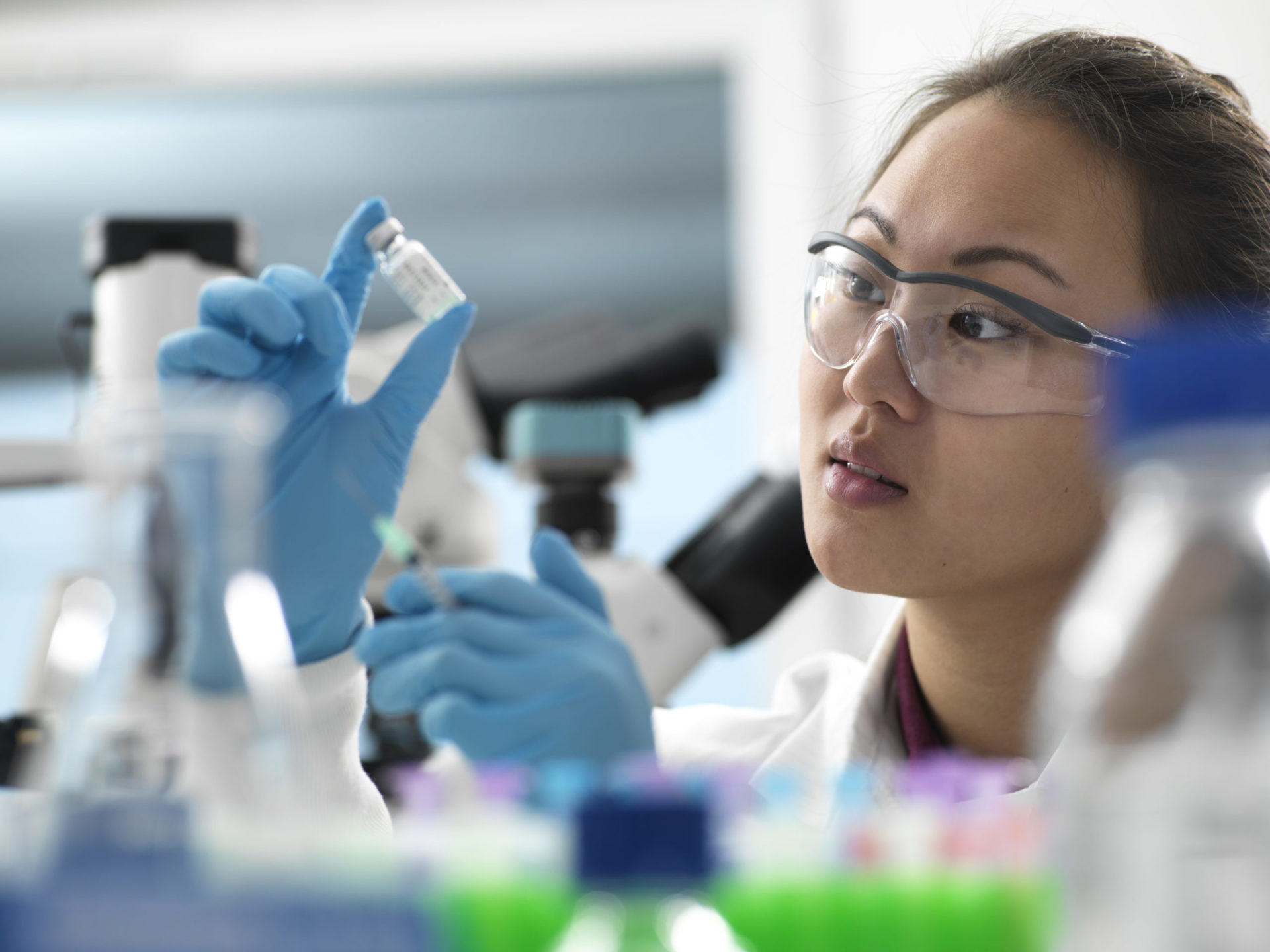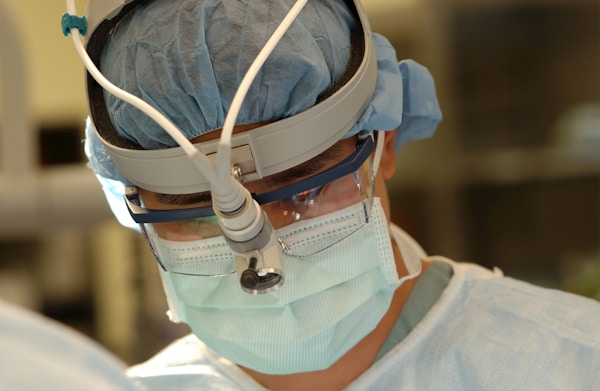
The Top Technological Advancements in Health Care
There are countless medical technological advancements that have been made in recent years, and it can be hard to keep up with them all. In this article, we will be discussing the top technological advancements in health care. Keep reading to learn more about these amazing advancements and how they are changing the medical field!
Digital Health

Digital health can be defined in many ways, but in general, it refers to the use of technology in the health care industry. This can include the use of mobile devices and apps, electronic health records (EHRs), and big data analytics to improve health care delivery and patient outcomes.
One of the advantages of digital health is that it can help to bridge the gap between patients and health care providers. For example, mobile devices and apps can be used to provide patients with educational materials about their condition or treatment, and to help them track their own health data.
Digital health can also be used to improve the efficiency and accuracy of medical procedures. For example, EHRs can help health care providers quickly and easily access a patient’s medical history, and big data analytics can be used to identify patterns in patient data that can help improve treatment outcomes.
Overall, digital health is a promising technology that has the potential to improve health care delivery and patient outcomes. It is important to ensure that the benefits of digital health are maximized while the risks are minimized.
DNA Testing
Another technological advancement in health care is the advent of DNA testing. One of the most promising applications of DNA testing is in the area of personalized medicine. In the past, treatments for diseases were typically based on the average response of a large population of patients. However, with the advent of DNA testing, it’s now possible to tailor treatments to individuals based on their specific genetic makeup. This personalized approach to medicine has the potential to improve treatment outcomes and reduce the incidence of adverse side effects.
DNA testing is also being used increasingly to screen for genetic traits like fitness. Companies like DNA Fit offer a range of different tests that look at things like your carbohydrate sensitivity, your propensity for endurance sports, or your risk of sustaining a soft tissue injury. This information can be invaluable for people who are trying to get fit. It can help them to tailor their training and diet in a way that is specific to their genetic profile. This can lead to better results and a more efficient workout routine.
DNA testing is a rapidly growing field, and the applications of this technology are continually expanding. As scientists learn more about the human genome, the potential uses of DNA testing will continue to grow. In the years to come, DNA testing may become a standard part of health care, used to diagnose and treat a wide range of diseases.
Robotic Surgery

Robotic surgery has been touted as the next big thing in the medical field. It’s a technology that allows surgeons to operate on patients through small incisions using miniature instruments. This type of surgery is less invasive and results in less scarring. It’s also said to be more accurate than traditional surgery.
Robotic surgery is performed using a robot equipped with numerous surgical instruments that are controlled by the surgeon from a console. The robot can be used to perform various surgical procedures, including prostatectomies, hysterectomies, and cardiac valve repairs.
Technological Advancements in Health Care
Overall, the top technological advancements in health care have been critical in improving patient care and safety. Some of the most notable advancements include digital health tools, DNA testing, and robotic surgery. These and other advancements have helped to improve the quality and safety of health care delivery.
